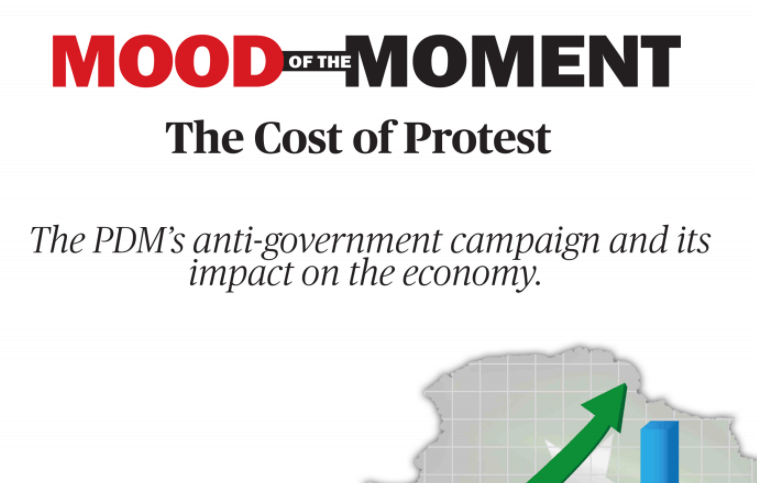The continuous rising prices of coal— mainly caused by the Russia-Ukraine conflict — has started taking a toll on the cement industry in Pakistan which is already under tremendous pressure to stay afloat due to rising input costs.
The unprecedented rise in the coal prices in the international market — $353 per ton on March 3 as compared to $176 per ton on February 3 — amidst a one-month export ban by Indonesia and European countries massive imports of the commodity to protect themselves from fuel shortages, has placed a huge strain on cement manufacturers in Pakistan.
Market observers say that local cement makers will have no option but to increase the prices by Rs120 to Rs130 per 50 kg bag to absorb the impact of rising coal prices in the international market unless the government intervenes to ward off the shocks.
Pakistan imports around 65 per cent of coal from South Africa, Mozambique, Australia and Indonesia and Afghanistan as the local coal is not sufficient to meet the requirement of the cement sector.
In Pakistan, the cement sector is mainly using coal in the manufacturing process, the global price hike has taken a toll on local manufacturers. Currently, the price of a cement bag stands between Rs735 to Rs773 in the local market with the manufacturers absorbing the rising price of global coal.
Cement market analyst Hammad Hussain said that the cement manufacturers are currently absorbing the rising coal price and may do so for a month or so but it will be difficult for them to continue with the production if coal prices remain at the current level or go up further. He said that the imported coal costs around $500 per ton for manufacturers in Pakistan if the freight cost is taken into consideration.
He said that cement manufacturers will ultimately pass the rising cost on buyers, who, already hit by hyperinflation, may stop buying the cement, resulting in stagnation at the production end.
Hussain said that buyers will not purchase the cement at a high cost, forcing the manufacturers to cut production to avoid losses and stagnation. He said that this could also force small cement plants to stop manufacturing, ultimately leading to their closure.
The analyst said that the government will immediately have to intervene to keep the cement industry afloat by lifting the 5 per cent import duty on coal and expediting the import of the commodity from Afghanistan, which is also cheap and viable.
Market observers say that the closure of the KPT for unloading of the imported coal has further aggravated the situation, as currently, only one berth at the PIBTL has the exclusive rights to handle about 10 to 12 million tons of imported coal for cement, textile and power sectors.
Hussain said that the granting of the exclusive rights to one terminal for the handling of the imported coal has also hit the cement industry and coal importers were facing delays in the unloading of their consignments.
Senior Manager at Attock Cement Irfan Amanullah said that cement prices will have to be jacked up if the upward trend of coal prices continues.
He said that as immediate relief, the government should do away with the 5 per cent import duty and the federal excise duty of Rs1,500 per ton so that manufacturers could continue with the production.
He said that manufacturers will ultimately increase prices by Rs70 to Rs80 per bag or stop production, which will badly impact the construction industry.
Another industry source said that the government must ensure the bulk supply of local coal to plants that will run out of the stock in near future as they can no longer afford to buy the costly imported coal. He said that the rising prices of coal will also badly impact electricity costs because many plants are coal-powered and they are linked to the national grid.
He said that cement manufacturers have brought the issue to the notice of the government.



